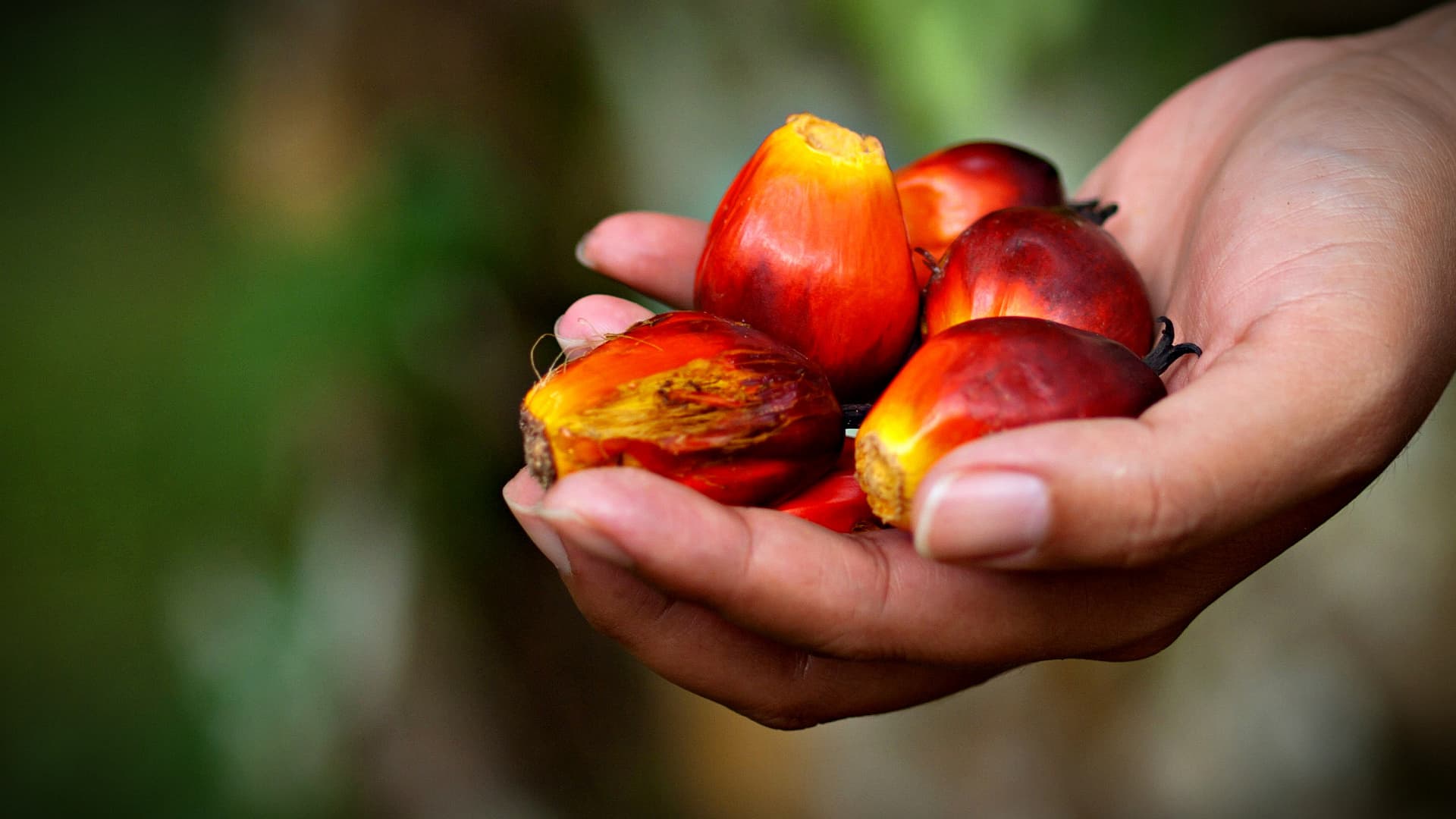Study: Palm Oil Consumption Accelerates Metastasis of Cancer Cells in Mice

Palmitic acid, a common dietary ingredient, may accelerate the spread of cancer cells in the body, particularly in cases of melanoma or oral carcinoma, according to a study published in Nature. The study found that while palmitic acid promotes metastasis, other fatty acids like oleic and linoleic acid do not play a role in this process, suggesting that dietary choices can impact cancer progression.
One of the most common ingredients of the human diet might significantly accelerate the spread of cancer cells in the human body while not increasing the risk of contracting cancer.
A new study published in Nature suggests that palmitic acid might play a specific role in the metastasis of cancer cells, such as melanoma or oral carcinoma, in patients.
I think that the relevance of our work has been to identify mechanisms how a fatty diet, and how specific fatty acids, can affect the metastatic process to revert it.
Researchers wrote that while fatty acid uptake is widely correlated with the development of metastasis, previous studies did not wholly identify the biological mechanisms of that process or identify if all fatty acids might be pro-metastatic.
See Also:Health NewsThe research results also show that the most prominent fatty acid in olive oil, oleic acid, has no role in promoting any sort of metastatic activity. Linoleic acid, another fatty acid found in olive oil and other vegetable oils, also did not promote metastasis.
“Previous work in our lab and other labs has shown that a high-fat diet can increase the risk of metastasis in oral squamous cell carcinoma and other tumor types,” Gloria Pascual Angulo, a researcher at the stem cells and cancer lab of the Institute for Research in Biomedicine in Barcelona and co-author of the study, told Olive Oil Times.
“In this study, we have focused on understanding whether different fatty acids present in our diet can cause molecular changes that increase the risk of cancer metastasis,” she continued.
“We have identified that dietary palmitic acid, but not other fatty acids like oleic or linoleic, establish epigenetic changes in the tumor cells that result in the innervation of the tumor and the expression of extracellular matrix components by Schwann cells associated to the tumors,” Angulo added. “These tissue components are used in turn by the tumor cells to spread easily to other organs.”
While the effects of palmitic acid were demonstrated in mice, the researchers used a model that perfectly correlates to human biology.
“We have used in vitro cultured cells and in vivo mice models to perform the studies,” Angulo said. “We have worked with orthotopic xenotransplant models in which we can reproduce the metastatic disease of a patient into an avatar.”
In the case of their experiment, the avatar is a tumor-bearing mouse in which the cancer cells behave the same as they would in a human patient.
The researchers said that previous clinical studies in humans had found a correlation between obesity and the risk of developing cancer.
“It would be highly probable that the different fats present in a fat diet might operate in the same way as in the orthotopic xenotransplant models,” Angulo said.
However, the research findings do not correlate the consumption of palmitic acid and palmitic oil to an increased risk of cancer since the focus of the study was the metastatic process.
“Our work is focused exclusively on cancer disease progression, and it could be extrapolated to patients with cancer in progress,” Angulo said. “We have no data about the possibility that palmitic acid from a palm diet can transform healthy cells and convert them into tumoral cells.”
According to the researchers, the study results will help determine a better diet for cancer patients suffering from metastasis or those at risk of developing it.
“Our study indicated that the impact of the diet is important for our body also in the context of cancer and that tumoral cells can use components of the diet for their advantage, that is, to grow and colonize distant organs,” Angulo said.
While researchers did not explicitly recommend most people eliminate palm oil from their diets, they warned that a balanced approach should always be applied when making food purchasing and consumption decisions.
“I think that the relevance of our work has been to identify mechanisms how a fatty diet, and how specific fatty acids, can affect the metastatic process to revert it,” Angulo said. “It will be very difficult to avoid palm oil entirely because it is widely used in the alimentary industry, but we can try to avoid over-consumption of these types of food, especially when there is not a need for it.”
“We can try to balance our diet better and increase vegetable intake, but the reason is not only due to this study,” she added. “Many studies indicate that a fatty diet affects the development of different pathologies.”
In the last few years, the global palm oil market has developed in concert with the caution expressed by the scientific community.
The European Food Safety Authority (EFSA) has formally warned the public about palm oil consumption since it is a near-ubiquitous preservative found in many processed foods.
According to data from the Observatory of Economic Complexity, palm oil exports from countries such as Indonesia and Malaysia were valued at €26 billion in 2019, making the commodity the 126th most traded product in the world.
However, oleic and linoleic fatty acids did not behave similarly to palmitic acid and did not accelerate metastasis. Researchers indicated how tumoral cells examined in vitro were shown to respond differently to different fatty acids.
“This is because each fatty acid has a different molecular composition and can activate different and specific signaling pathways in the tumoral cells,” Angulo said.
More specifically, scientists found that palmitic acid activates a pathway that depends on the fatty acid receptor CD36, which is located on the surface of the metastatic cell with a high affinity for palmitic acid.
“The activated signaling of CD36 is related to the modification of the tumor stroma that allows the cells to metastasize easily,” Angulo said.
“In summary,” the authors of the study wrote, “we provide evidence that a dietary metabolite induces stable transcriptional and chromatin changes that lead to a long-term stimulation of metastasis, and that this is related to a pro-regenerative state of tumor-activated Schwann cells.”
Researchers said further studies would focus on better understanding the inner workings of the systemic communication between an aggressive tumor, such as a tumor exposed to a high-fat palm diet, and the rest of the organism and how this communication can evolve into metastatic colonization.
“Additionally, we want to identify the targets that are acting in this process and develop clinical novel therapies that could treat the metastatic process,” Angulo concluded.









